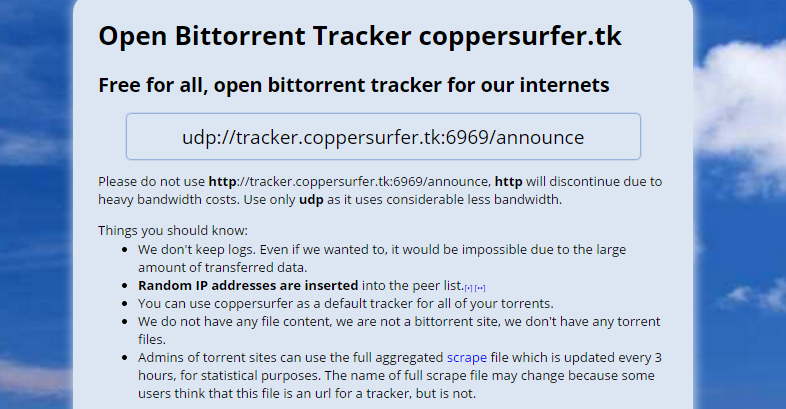ISP Pulls VPN Service After Geo-Unblocking Legal Threats
mardi 7 avril 2015 à 23:07 While VPN services have always been associated with privacy, in recent years they have bloomed into tools providing much more than a simple way to stay cloaked online.
While VPN services have always been associated with privacy, in recent years they have bloomed into tools providing much more than a simple way to stay cloaked online.
For a relatively small fee, users of the most popular VPN services can tunnel out of their country of origin and reappear in any one of dozens of countries around the world. This opens up a whole new world of media consumption opportunities.
Citizens of the United States, for example, can access BBC iPlayer just like any other Brit might, while those in the UK looking to sample the widest possible Netflix offering can easily tunnel right back into the U.S.
This cross-border content consumption is not popular with entertainment companies and distributors. It not only undermines their ability to set prices on a per-region basis, but also drives a truck through hard-negotiated licensing agreements.
Tired of dealing with ISPs including Slingshot who offer a dedicated ‘global mode‘ VPN service for customers, last week media companies in New Zealand ran out of patience.
“We pay considerable amounts of money for content rights, particularly exclusive content rights. These rights are being knowingly and illegally impinged, which is a significant issue that may ultimately need to be resolved in court in order to provide future clarity for all parties involved,” Lightbox, MediaWorks, SKY, and TVNZ said in a joint statement.
“This is not about taking action against consumers; this is a business-to-business issue and is about creating a fair playing field.”
Before being granted limited local access to Netflix just last month, Kiwis were required to level their own playing fields by paying for a VPN service and an account at an overseas supplier in order to legally obtain a decent range of premium content. However, the media companies now want to bring an end to that free choice via legal action. Today they claimed their first scalp.
This morning Unlimited Internet became the first ISP to respond to media company pressure by pulling its geo-unblocking service known as “TV VPN” after receiving a warning letter from a lawfirm.
The letter, which has been sent out to several local ISPs, informs Unlimited Internet that its VPN service infringes the Copyright Act of 1994.
Unlimited Internet director Ben Simpson says that while his company doesn’t necessarily agree with that assertion, it has taken down the service nonetheless.
“Geo-unblocking services are a direct result of consumer demand for access to content that is not made available to the New Zealand market,” Simpson says.
“To be on the safe side, we have taken legal advice on this matter and I have made a firm call that we will sit on the sideline until a legal precedent has been set.”
Currently there are no signs that other ISPs intend to cave in to the media companies’ demands but even if all Kiwi companies cease their VPN activities, the problem will persist. International VPN providers, such as those listed here, will be more than happy to provide services to New Zealanders enabling them to tunnel into any country they choose.
The other possibility is that consumers will shun paying for content and turn back to file-sharing networks instead. If they do those VPNs will still come in handy but for entirely different reasons, ones that will see entertainment companies missing out on the spoils altogether.
Source: TorrentFreak, for the latest info on copyright, file-sharing, torrent sites and anonymous VPN services.
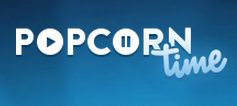 In just a year the Popcorn Time brand has managed to establish itself as one of Hollywood’s main threats, and even
In just a year the Popcorn Time brand has managed to establish itself as one of Hollywood’s main threats, and even 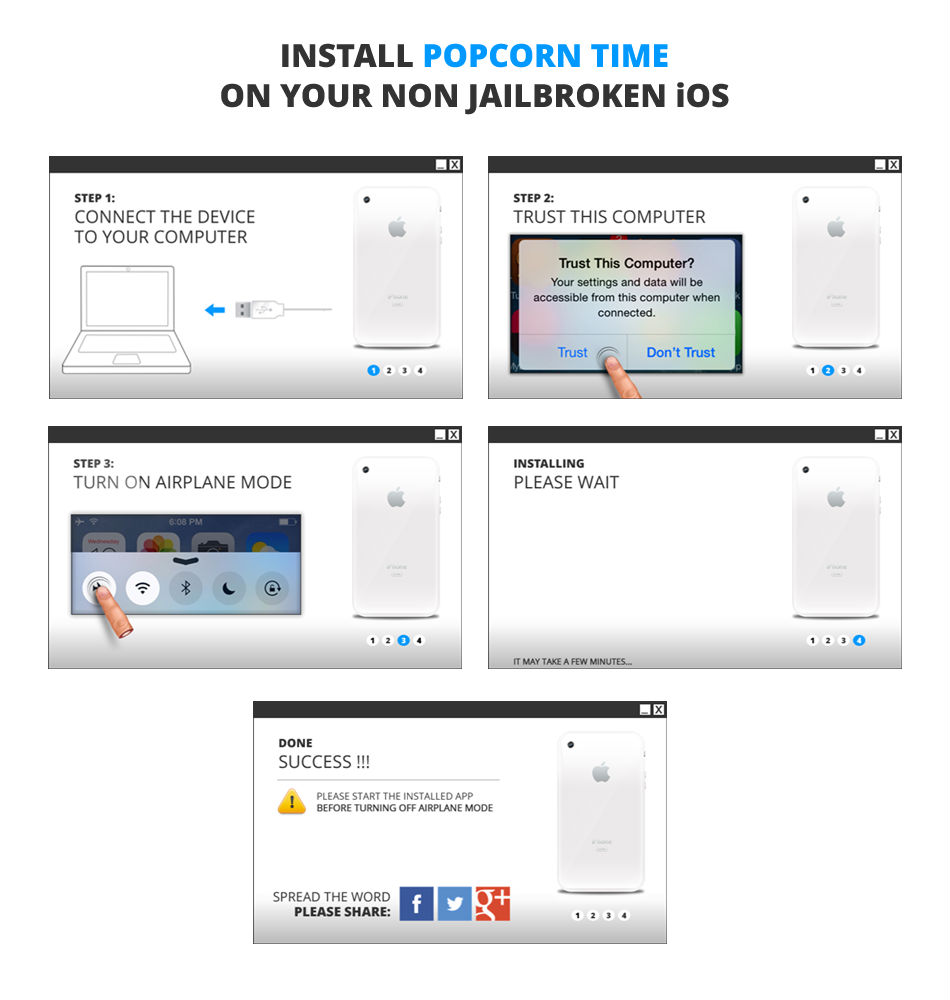
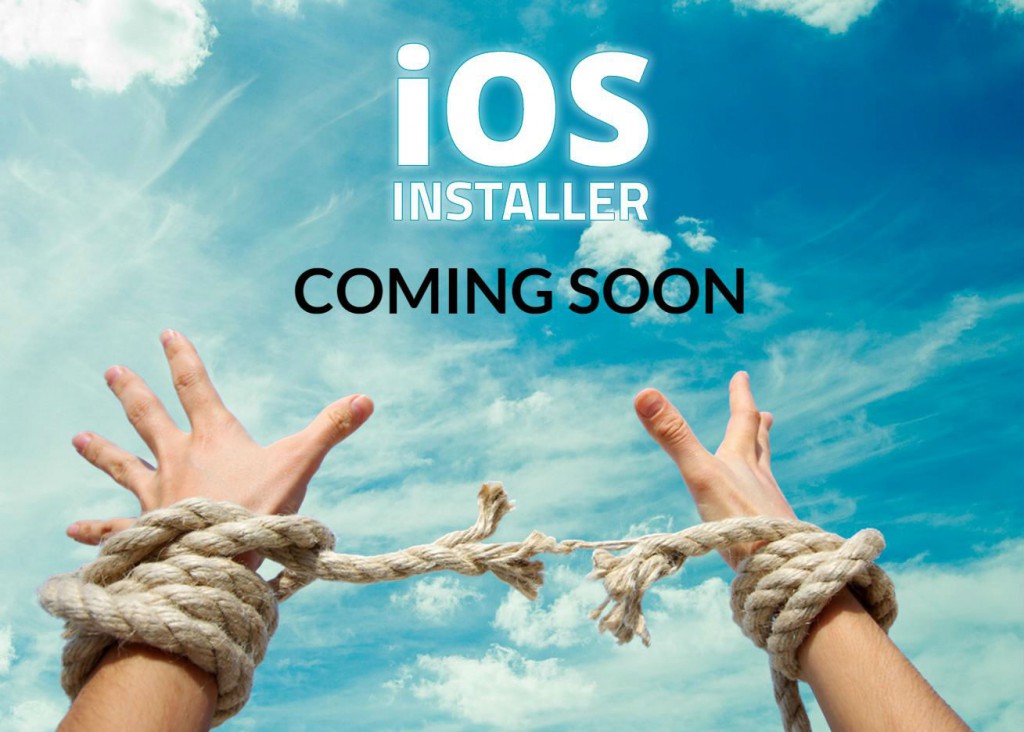
 After long maintaining a reputation for being one of the softest countries in Europe on piracy, in recent years Spain has really toughened up its approach to online infringement.
After long maintaining a reputation for being one of the softest countries in Europe on piracy, in recent years Spain has really toughened up its approach to online infringement.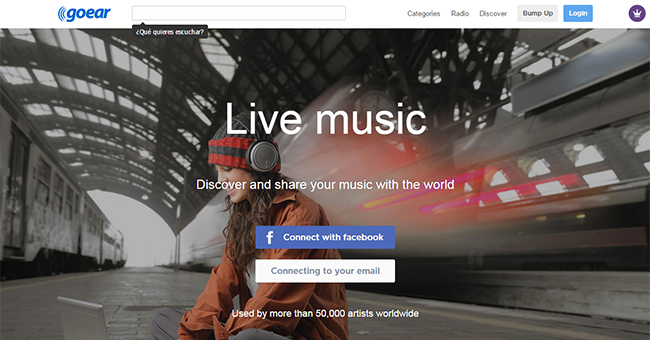
 Back in 2012, the
Back in 2012, the 